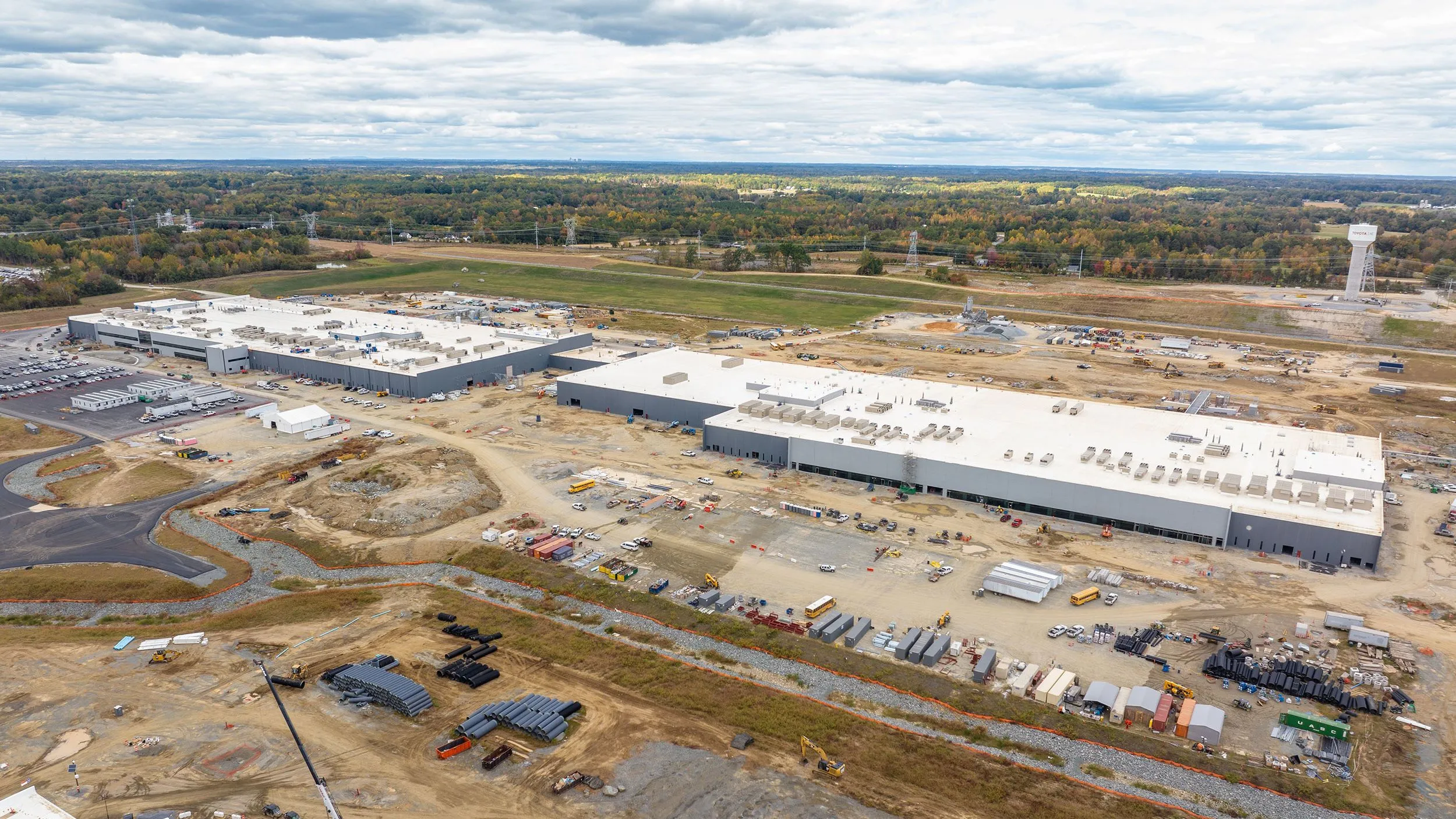I’m out in the middle-of-nowhere east Texas, and they just laid fiber out down our street…color me impressed
For five years I’ve had fiber to the wall but the highest plan offered is 10 MB per second.
It’s cool, best I can get ATM is OliveIP, which is a router i purchase from them that turns cell signal into wifi 🤷♂️
Why / how? I got 1000 mbit through a copper cable (wall socket, obviously).
I have no idea. They made a big show of that as well installing them throughout the neighborhood but the ISP never provided a plan with a decent speed using it. I have no idea why. It’s like they forgot about the project and never finished.
The vast majority of the $346-billion-worth of announced investments – nearly 78% – has gone to Republican congressional districts,
“Republican districts tend to be more rural,” Houser said. “It’s very hard to build large industrial facilities in dense urban areas.”
In addition, Republican states have laxer labor laws and several states, including Georgia, have put together enticing state tax packages to lure big companies.
That kind of makes sense, since those areas probably have not prioritized state or local green initiatives. There is probably more opportunity to make a difference there when you are looking at the whole country objectively.
Is Houston really that red, or is that illustration wrong?
The big dots are about announced spending; I think they’re assigning partisanship based on how the state as a whole voted, not how the specific municipality with the spending voted.



